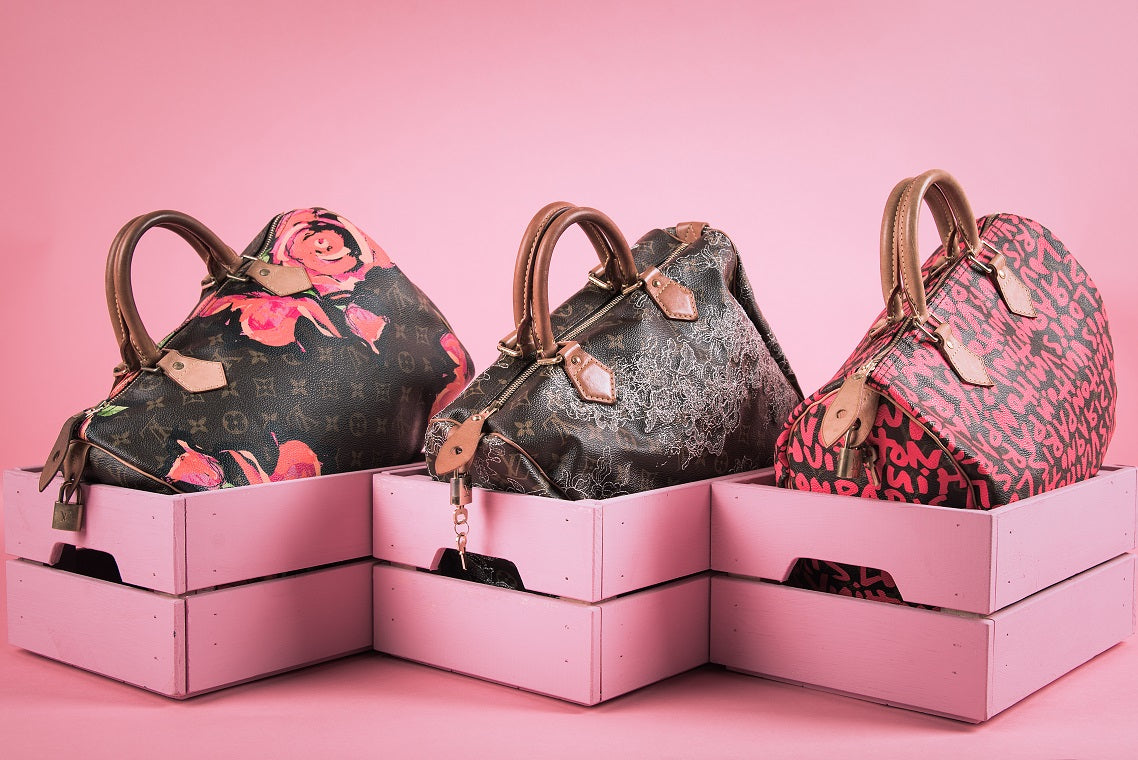Do you have a friend who considers designer bags an unnecessary expense and thinks that buying a replica will save you money because, after all, 'it's just a bag'? This prompts an important question: Is it illegal to sell and buy fake designer bags?
Having a designer bag from Louis Vuitton, Chanel or Hermes, is the ultimate dream of almost every girl in the world. However, not everyone is able to drop several thousand dollars on an authentic bag. The exorbitant cost of authentic designer bags led to the rise of counterfeit replicas in the market.
In this blog post, we will explore the legal consequences associated with the sale of counterfeit designer bags, shedding light on the ramifications and potential risks involved.
The Basics: Counterfeit Bags Defined
Counterfeit bags are replicas or imitations of genuine designer bags. They are created to falsely resemble and mimic the appearance, branding, and trademarks of the original designer bags. These counterfeit items are often produced and sold without the authorization or approval of the legitimate brand owners.
Why would someone create counterfeit items? The answer is simple: high-ticket designer items are considered prestigious, and it's hard to argue that these accessories elevate your style and impact the way others see you. There's huge demand for designer bags, so it's much easier to create something that potential buyers are already familiar with. That's why manufacturing companies all over the world attempt to copy the original designer items.
What Makes Selling Counterfeit Designer Bags a Crime?
Selling counterfeit designer bags falls under the umbrella of trademark infringement.
Trademark law protects the original brand owner's rights to their name, logo, and unique identifying features.
By selling fake designer bags, individuals are essentially using someone else's intellectual property without permission. This act infringes upon the trademark rights of the original brand owner and can have serious legal consequences.
Civil Consequences
In many jurisdictions, selling counterfeit designer bags is considered a civil offense, subjecting sellers to potential legal actions. Brand owners are empowered to take legal action against counterfeit sellers to protect their intellectual property rights. They can file a lawsuit and seek damages, including lost profits, statutory damages, and even attorney fees. The court may issue an injunction to stop the seller from further engaging in counterfeit activities.

Moreover, buying counterfeit products can also have civil consequences. For example, in France the laws buying or even carrying a counterfeit product is a criminal offence that may lead to 3 years of imprisonment and a €300,000 fine.
Criminal Offenses
In certain jurisdictions, the sale of fake designer bags can also lead to criminal charges. While laws vary by country, region, and jurisdiction, many places have legislation that targets counterfeit products, including designer bags. Engaging in the distribution, manufacturing, or sale of counterfeit items can result in criminal penalties such as fines, imprisonment, or both.
E-commerce Platforms and Liability
E-commerce platforms that facilitate the sale of counterfeit designer bags can also face legal consequences. In some jurisdictions, they may become accountable for contributory trademark infringement if they knowingly allow counterfeit goods to be sold on their platform. As a precautionary measure, many reputable platforms have implemented strict policies and procedures to prevent the sale of counterfeit items.
Consumer Awareness and Protection
Consumers also play a vital role in combating the sale of fake designer bags. By being informed and vigilant, buyers can protect themselves from purchasing counterfeit products. It is important to verify the authenticity of a designer bag before making a purchase, especially when buying from third-party sellers or online platforms.
Conclusion
The sale of fake designer bags is a serious offense, with potential legal consequences that vary depending on the jurisdiction. Trademark infringement and the subsequent civil and criminal liabilities associated with selling counterfeit items can significantly impact individuals involved in this illegal trade. It is crucial for consumers to be aware of the risks associated with purchasing counterfeit products and to support legitimate designers and brands. By understanding the legal implications surrounding the sale of fake designer bags, we can work collectively to foster a marketplace that promotes authenticity, creativity, and fair business practices.






